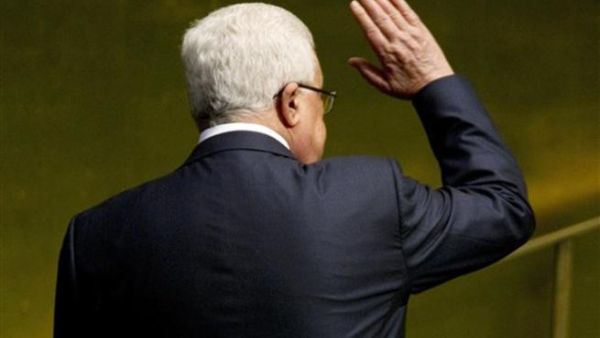Palestinian sources recently indicated that senior Palestinian leaders are considering a delay in their plans for official recognition of Palestinian statehood at the UN Security Council, scheduled for September. This report, published in Asharq Al Awsat newspaper, comes amidst growing American anger at the Palestinian leadership for pursuing the unilateral move despite strong US signals that it intends to veto the proposal at the UN. Secretary of State Hilary Clinton has recently reiterated “our goal is to get these parties back to the table…Our position on the idea of a UN action in September remains that it's not a good idea."
Previous Palestinian efforts to declare a state have been largely symbolic. With negotiations frozen, Palestinian leaders are once again soberly contemplating ‘the morning after’.
Foreign aid is vital for the Palestinian economic viability. 40% of Palestinian GNP is derived from foreign donations. Indeed, having received $20bn in foreign assistance since the Oslo Accords in 1993, the Palestinians are the beneficiaries of the highest level of aid per capita since World War Two.
The flow of aid is now under threat. The US Congress passed a bill in July threatening to cut US aid to the Palestinian Authority if it presses ahead with its plans at the UN. The PA currently receives $550m per annum directly from the US government. American aid to Palestinians is provided through the Economic Support Fund (ESF) and USAID to US nongovernmental organizations (NGOs). Funds are allocated for projects in sectors like humanitarian assistance, economic development, democratic reform, improving water access and other infrastructure, healthcare, education, and vocational training. Aid is also given to train, reform, advise, house, and provide equipment for PA civil security forces in the West Bank.
The cut of American aid has the potential to damage ongoing and future projects in the West Bank. For instance, next year the Palestinians are planning to use the US money for building new roads and renovate hospitals. All in all, some 100 kms are expected to be paved across the West Bank. Another projects which could be damaged is in the water sector. This includes mainly increasing access to potable waters in the countryside regions in addition to project to lower the leakage of water from the current water distribution networks.
Above all, the cut in US aid risks the Palestinian Authority ability to continue develop its institutions and mainly the security and law enforcement apparatus. In the medium term this could hurt the legitimacy of the Palestinian Authority.
In addition to the Americans, EU countries contributed strongly with over $1bn between 2008-2010. The Palestinians' other aid comes from Arab countries notorious for pledging but far less forthcoming with payment. This year only $76m has been transferred from a total of $330m pledged from neighboring countries.
This dependency has raised talk in the Palestinian leadership of a possible economic “price tag” to the UN state recognition move. The “price tag” related to the cessation in US aid is sure to leave the PA (which already misses payments and struggles to pay salaries) virtually bankrupt. It also threatens to undermine the enormous progress of the Palestinian economy of the last few years. Under the leadership of Prime Minister Salam Fayaad, the West Bank economy grew at an average of over 6% over the last 3 years and a comprehensive program of institution building has been completed. Material standards of living have never been higher and public services have greatly improved.
All this risks being reversed both by the direct financial consequences mentioned above but also by indirect economic losses involved in clashing the US over recognition of independence at the UN. These include a softening of US pressure on Israel to ease restrictions in the West bank. Israel may also have greater discretion with handing over tax money it collects to the PA.
With the UN vote looking largely symbolic, and both diplomatic and economic stakes rapidly rising, it seems the Palestinians have little to gain and much to lose. Palestinian voices behind closed doors might be right, the bid for recognition of statehood at the UN in September might just be a bit too costly. Another important outcome for the possible US aid cut is related to the EU. In this scenario the financial burden will fall on the EU nations' shoulders, especially when the Arab states are in no rush to provide financial support to the Palestinians.






